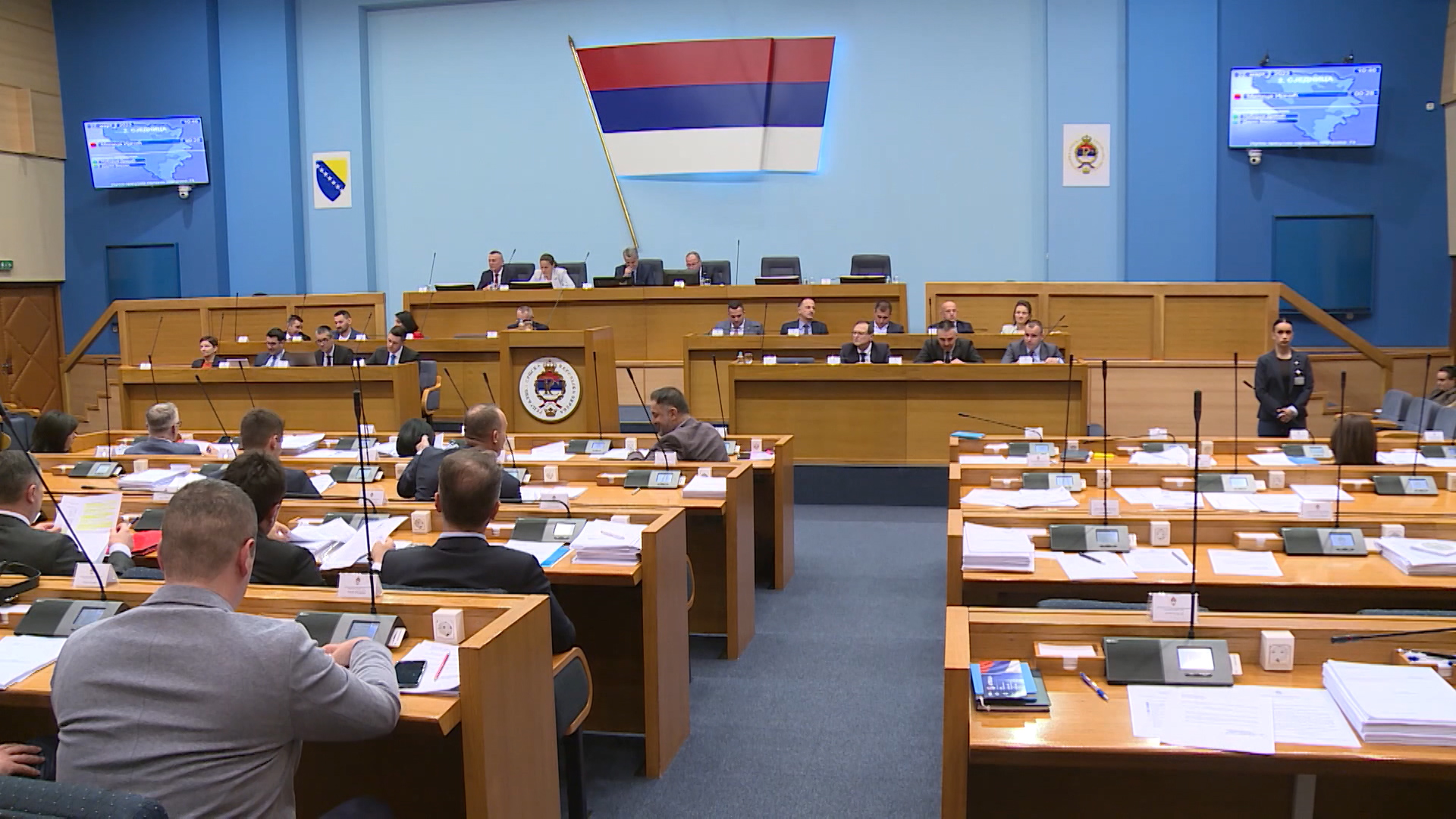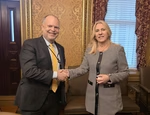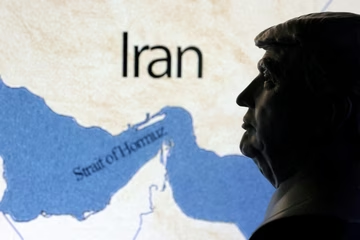Venice Commission warns of Republika Srpska's 'Foreign Agent Law' shortcomings

The Venice Commission, the Council of Europe’s constitutional law experts, and the OSCE Office for Democratic Institutions and Human Rights (ODIHR) warned that the Draft Law of Republika Srpska on the Special Registry and Publicity of the Work of Non-Profit Organisation (NPOs), dubbed the "Foreign Agents Law," contains serious deficiencies and urged the authorities to reconsider its adoption entirely and to engage in further consultation with all stakeholders with a view to guarantee the enjoyment of the rights to freedom of association and freedom of expression in Bosnia's Republika Srpska entity.
Oglas
The joint opinion notes that the bill prohibits NPOs from carrying out “political activities”, and requires them to enrol in a special registry, put an NPO mark on all their materials, submit additional reports to those already mandatory by the current law and be subject to additional legal oversight and inspections and be exposed to a range of sanctions, including a ban on an NPO.
Noting that the rationale for developing the draft law is neither clear nor based on any risk assessment and consultation with associations and those potentially affected, the joint opinion explains that it merely refers to the inadequacy of the existing framework and the need to enhance the transparency of foreign funding, which is not by itself a legitimate aim in line with international instruments.
They also note that there seem not to be relevant and sufficient reasons for additional registration of NPOs and their reporting requirements. The draft law is overly vague and ambiguous, where breaches are unforeseeable, sanctions disproportionately severe and excessively restricting the rights to freedom of association and freedom of expression.
Furthermore, the Venice Commission warned that it does not clearly define the kind of information or documents that may be required by the competent inspection body and does not include safeguards to prevent the potential risk of abuse and discriminatory measures that may lead to harassment.
“There is furthermore a strong risk that the provisions of the draft law regarding the ban of the work of NPOs could be applied without regard to the principle of proportionality, in addition to fines being much higher than the ones envisaged by the 2001 law. The draft law also lacks provisions guaranteeing access to effective remedies to challenge or seek review of decisions taken in the context of its implementation that may infringe the rights to freedom of association and freedom of expression,” they said.
If the public authorities nevertheless pursue the adoption of the draft law, the opinion states, it is essential to clearly substantiate the need for it by carrying out a risk assessment of the civil society sector and significantly improving the existing draft provisions to ensure compliance with the principles of legal certainty, legitimacy, necessity and proportionality in accordance with international human rights standards.
ODIHR and the Venice Commission remain at the disposal of the Republika Srpska authorities for further assistance in this matter.
Kakvo je tvoje mišljenje o ovome?
Učestvuj u diskusiji ili pročitaj komentare
Oglas
Kakvo je tvoje mišljenje o ovome?
Učestvuj u diskusiji ili pročitaj komentare
Oglas
NAJČITANIJE
Oglas
Oglas
Najnovije
Oglas
Oglas





 Srbija
Srbija
 Hrvatska
Hrvatska
 Slovenija
Slovenija



























































